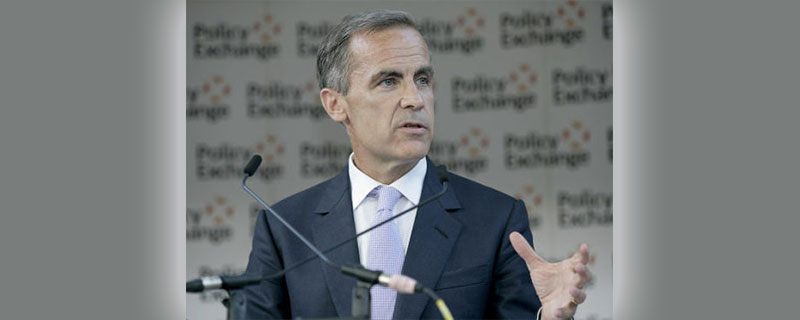Mark Carney, former governor of the Bank of England
Commercial property owners grappling with the one-two punch of falling asset values and demands for increased energy efficiency must recognize that some of their holdings may not continue to be money-makers.
Commercial buildings too old and drafty to survive the regulatory push to net-zero risk becoming “stranded assets,” reports the U.K. trade publication Mortgage Introducer, citing recent comments by Mark Carney, former governor of the Bank of England and before that, the Bank of Canada. He currently chairs Toronto-based Brookfield Asset Management.
Carney is also a United Nations special envoy on climate action and finance, has a continuing role as finance adviser to the British prime minister, and signed on last month as a special adviser on economic growth to the Canadian government.
“There will be a tail of stranded assets … which are going to have to turn over and be refurbished, if possible, or knocked down and repurposed,” Carney said at the Oct. 2 launch of Eden Dock, a waterside garden project at Canary Wharf in London, England.
Countries attending last year’s COP28 climate summit in Dubai pledged “to double the rate of energy efficiency improvements by 2030,” Mortgage Introducer notes. And with commercial buildings contributing 26% of energy-related emissions globally, the industry publication adds, such refurbishing is urgently needed.
European property investors, in particular, will need to confront the reality that many of their holdings are far from energy efficient. “A report by investment manager AEW indicates that European property investors must increase their capital spending by 30% annually to meet the targets set by the Paris Agreement,” writes Mortgage Introducer.
Meanwhile, “stringent deadlines” to upgrade building energy efficiency by 2030 notwithstanding, 12% of U.K. commercial properties “failed to meet energy rating requirements last year.”
Carney warned his audience not to test the regulators.
“There will be people … who, either implicitly or explicitly, think that these timelines are going to shift, or that somehow or another it is not going to become a binding constraint,” he said. “But that is a big risk to take.”
Property owners who postpone their efficiency improvements will discover an increasing unwillingness by financial institutions to backstop climate harms, Carney said.
“Dutch bank ING recently warned 2,000 of its largest clients, including real estate developers and landlords, that it would halt financing unless they made significant strides in mitigating their climate impact,” writes Mortgage Introducer, offering a case in point. “ING identified commercial real estate as one of the slowest sectors in adopting climate disclosure and reducing emissions.”
Source: Energy Mix







Leave a Reply
Want to join the discussion?Feel free to contribute!